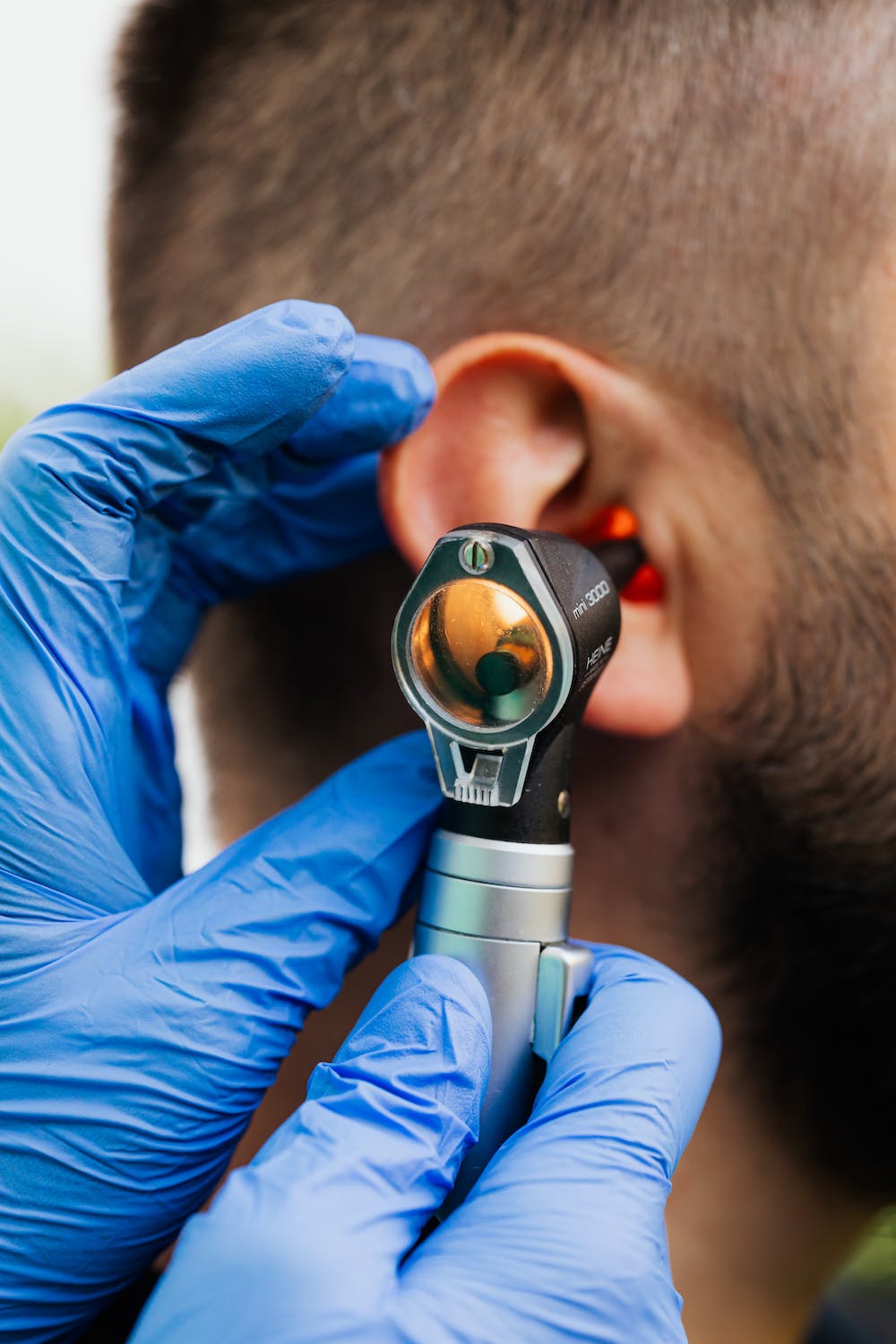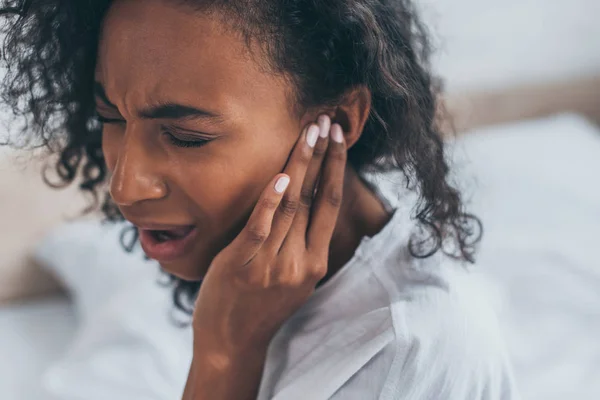While there are times when you purposely plug your ears using fingers or earplugs to avoid loud noises, there are also times when your ears feel clogged for a variety of reasons. Whether you have gone scuba diving, flown on a plane, or driven through the mountains, the chances are you’ve experienced an uncomfortable plugged-up sensation in your ears, signaling their need to pop.
In general, this feeling of stuffiness or fullness occurs when the eustachian tube of the ear is blocked or stops functioning properly. The tube is responsible for balancing the air pressure on both sides of the eardrum and opens when you chew, swallow or yawn to avoid a buildup of air pressure in your head. If something causes it to stop working correctly, it leads to ear pressure which can be very uncomfortable to experience on a daily basis.
In this post, we outline the main causes of ear pressure as well as available treatment methods.
Causes of ear pressure
There are several common causes of ear pressure. Some of these include changes in altitude, sinusitis, ear infections, colds, allergies, and earwax buildup.
For example, sinus congestion is a condition that refers to the accumulation of mucus in the sinuses. The accumulation can develop as a result of viral infections, sinus infections, and allergies, all of which can cause the sinuses to swell, leading to the feeling of pressure or fullness in your ears.
Ear infections, particularly otitis media, can also cause ear pressure. This is a middle ear infection that occurs when the eustachian tube isn’t draining properly. Fluid buildup promotes the growth of infection-causing viruses or bacteria, leading to the uncomfortable plugged-up sensation in your ears.
Uncommon causes of ear pressure
There are also some uncommon causes of ear pressure and these include Meniere’s disease, cholesteatoma, fungal ear infection, and acoustic neuroma.
For example, Meniere’s disease is a disorder characterized by a buildup of fluid in the inner ear. The condition affects your balance and hearing and causes severe dizziness, ear pressure, and even hearing loss.
Cholesteatoma is another uncommon cause of ear pressure which happens when growth or cyst becomes trapped behind the eardrum or by the bone behind the ear. It develops due to poor ventilation in the middle ear, causing earache, feeling of fullness in the ear, foul-smelling ear drainage, hearing loss, and dizziness.
How to relieve pressure in your ears
Typically, the treatment for your ear pressure will mainly depend on what’s causing it.
For example, if changes in altitude cause your ears to feel stuffed, then try yawning or swallowing to help open your eustachian tubes and equalize pressure.
If you are suffering from sinus congestion, you can use OTC decongestants that can be taken orally or sprayed into the nose. Pain relievers like ibuprofen or Tylenol can help alleviate pain symptoms or swelling.
If an ear infection causes pressure in your ears, then your doctor may either prescribe you OTC medication or ear drops to ease the pain, or antibiotics if it is a bacterial infection.
If earwax buildup is the main cause of pressure in your ears, then use solutions such as mineral oil or hydrogen peroxide to dissolve the earwax that’s accumulated in the ear canal.
Surgical procedures for chronic ear pressure
Surgical treatment is usually suggested if you frequently have problems with ear pressure. Some possible procedures you may undergo include myringotomy and the placing of ear tubes.
For example, myringotomy is a procedure during which the doctor makes a small incision in the eardrum. This allows for any fluid that’s been accumulated in the middle ear to be safely removed.
The placing of ear tubes is similar to myringotomy except that after making the incision and draining fluid, a small tube is inserted into the eardrum to relieve pressure and prevent fluid buildup.

Photo by Karolina Grabowska from Pexels
Final thoughts
There is no question that ear pressure can be very uncomfortable to experience on a daily basis. It can be caused by a variety of conditions including allergies, altitude changes, colds, and Meniere’s disease. In most cases, it can be treated at home with antibiotics and OTC pain relievers, although there may be cases when patients may need to undergo a surgical procedure.
For more information, refer to our post and learn about the main causes and available treatment methods for ear pressure.








